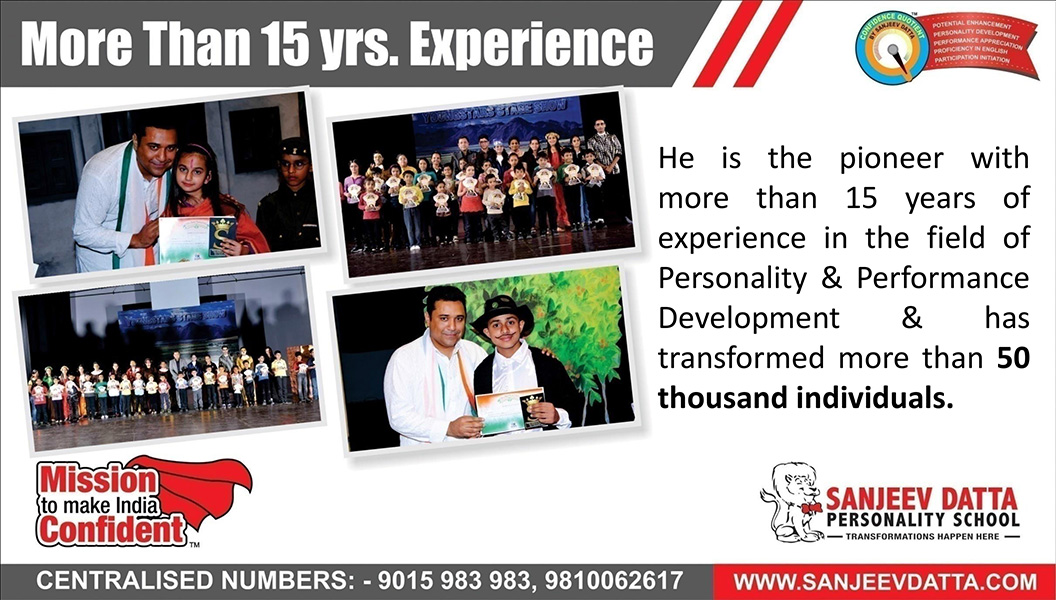Are you aware of cognitive development milestones? If you read this article, you will get a detailed insight into a child’s cognitive development and how they behave at every stage of their growth. Significant improvements in a child’s development are known as cognitive development milestones. You may learn more about your child’s growth and development by looking at these milestones. A child’s cognitive development is crucial for their growth. It describes how a child’s brain grows and encompasses skills like thinking, learning, exploring, and problem-solving. Additionally, it affects how a child develops socially and linguistically. Let’s go! Let’s take a look at how a child acts during different stages of development.
Cognitive Development Milestones:
- From Birth to 3 Months:
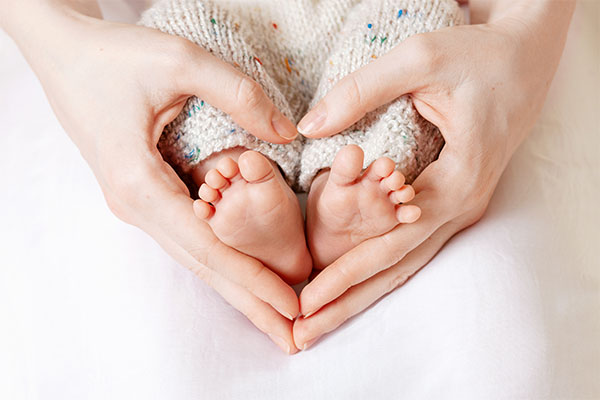
A child’s first three months of existence are a period of amazement. At this age, the primary developmental milestones focus on exploring the fundamental senses and learning more about the body and environment.
Most infants start to exhibit anticipatory behaviors during this time, such as rooting and sucking at the sight of a nipple or bottle. They are capable of hearing variances in volume and pitch. They can distinguish objects more clearly at a distance of 13 inches. They can concentrate on moving objects, including caregivers’ faces. They can see every color in the range of human vision. They can distinguish different flavors such as sweet, salty, bitter, and sour. They react to their surroundings by making facial expressions.
Visit: fine motor activities for toddlers
- From 3 to 6 Months:

In young children, perception skills are still developing. Infants start to develop a stronger sense of perception between the ages of three and six months. In this period, most babies start imitating facial expressions, responding to familiar sounds, recognizing faces they’ve seen before, and responding to other people’s facial emotions.
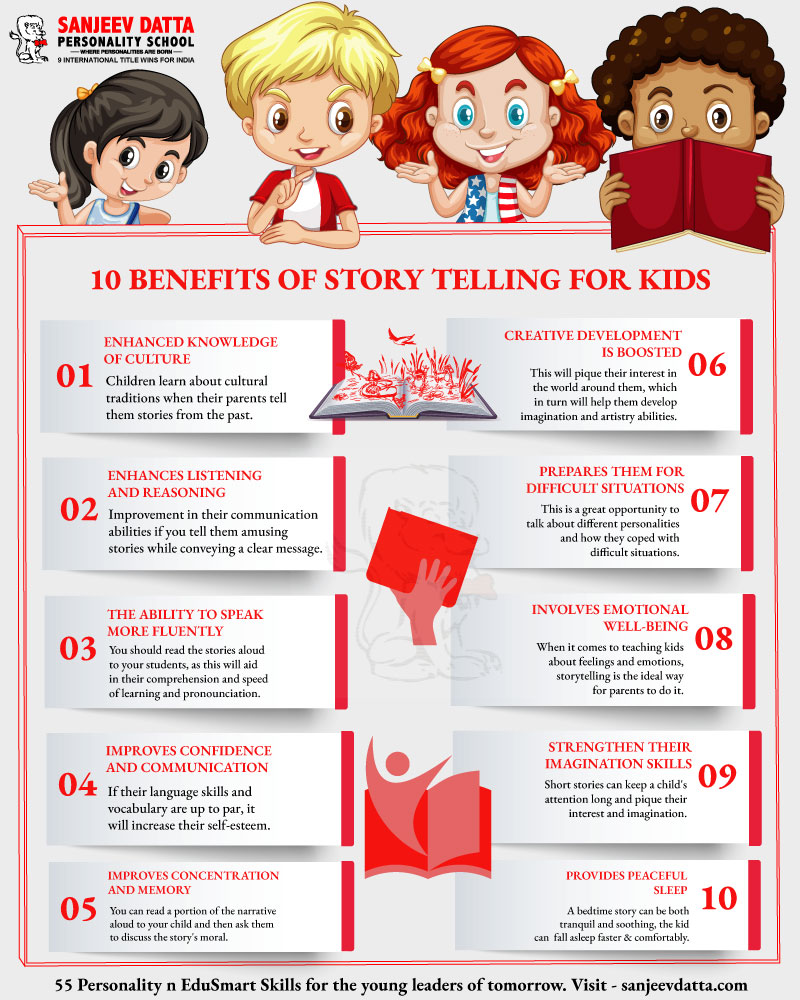
- From 6 to 9 Months:
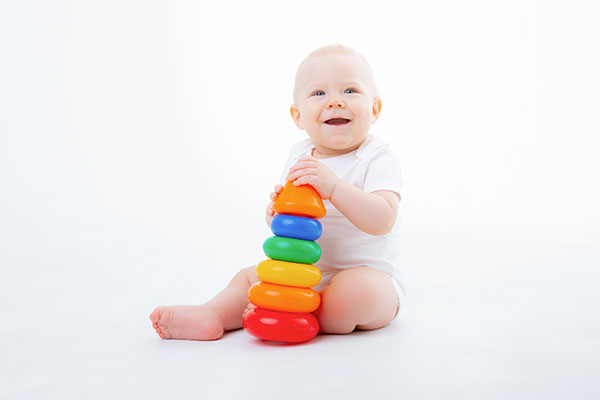
Researchers have discovered that most babies start to gaze at “impossible” objects like an object hung in mid-air for extended periods between the ages of 6 and 9 months. They start pointing out the variations between images showing various numbers of things. They are aware of the distinctions between living and non-living things. They use an object’s relative size to calculate its distance.
Visit: indoor activities for preschoolers
- From 9 to 12 Months:
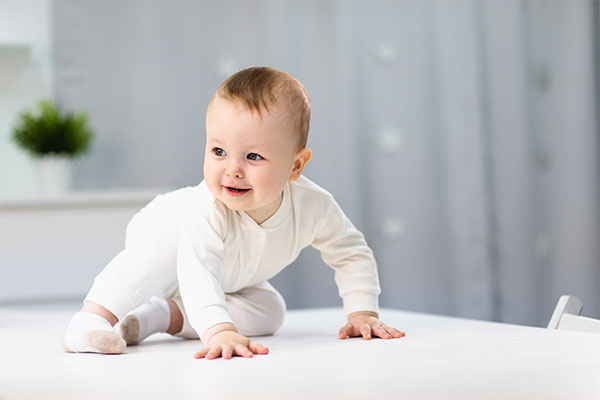
Infants can learn more about their surroundings as they develop their physical skills. The physical milestones that help babies develop a deeper knowledge of their surroundings include sitting up, crawling, and walking.
Most infants can enjoy looking at picture books as they approach the age of one. They imitate simple acts and gestures. They manipulate things by flipping them over, attempting to fit one thing inside another, etc. They react with motions and noises. They comprehend the concept of object permanence, which states that an object continues to exist even when it is not seen.
Visit: how to motivate kids to learn
- From 1 to 2 Years:

Children’s physical, social, and cognitive development appears to advance rapidly after becoming one year old. At this age, kids spend a lot of time watching what adults do, so parents and other caretakers must act appropriately.
The majority of one-year-olds start to recognize comparable objects. They can mimic the behavior and speech of grownups. Through exploring, they can learn. They can identify recognizable items and characters in picture books. They are capable of telling “Me” from “You.” They are capable of comprehending and responding to speech.
- From 2 to 3 Years:

Children start to become more independent around the age of 2. Since kids can now travel across the world more easily, a lot of what they learn at this stage comes from their own experiences.
The majority of two-year-olds can call out their image in the mirror by name. They can mimic more complex adult behaviors (playing house, pretending to do laundry, etc.). They can match items to their intended usage. They give names to things in picture books. They comply with straightforward commands from parents and other caretakers. They categorize objects (i.e., animals, flowers, trees, etc.). They arrange rings on a peg in order of size.
Visit: benefits of drama classes
- From 3 to 4 Years:
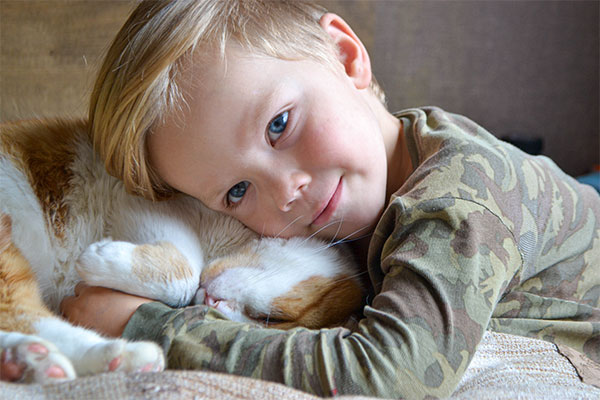
Children get better at doing more sophisticated analyses of the environment around them. They start to classify and categorize objects as they observe them into different categories, which are frequently referred to as schemas. You can hire the best personality development mentor for them at this age. Children start asking more questions about their surroundings as they become much more engaged in the learning process. Around this age, asking “why” becomes quite popular.
They exhibit a sense of both the past and the present. They learn knowledge through listening and seeing. They can pay attention for up to 15 minutes at a time. They arrange items according to size and shape. They look for clarification on issues. They are aware of how to organize and pair objects based on color.
- From 4 to 5 Years:
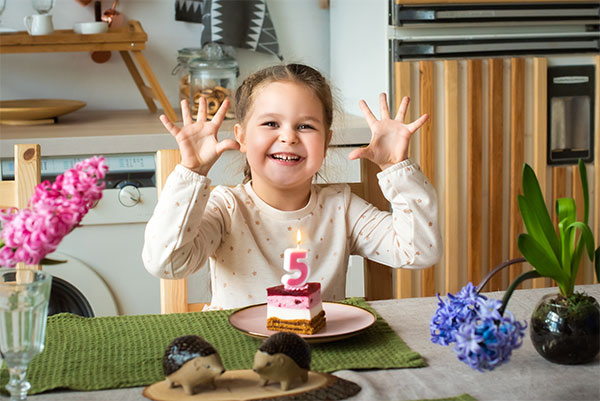
Children get stronger at using language, mimicking adults, counting, and other fundamental skills as they get closer to school age, which is crucial for school readiness. You can send your child to the best personality development school for them at this age.
The majority of four-year-olds can draw pictures, which they frequently name and describe. They can draw a human outline. They can name and describe a variety of hues. They are capable of telling rhymes. They can pinpoint the location of their home.
Helping Children to Reach Cognitive Milestones:
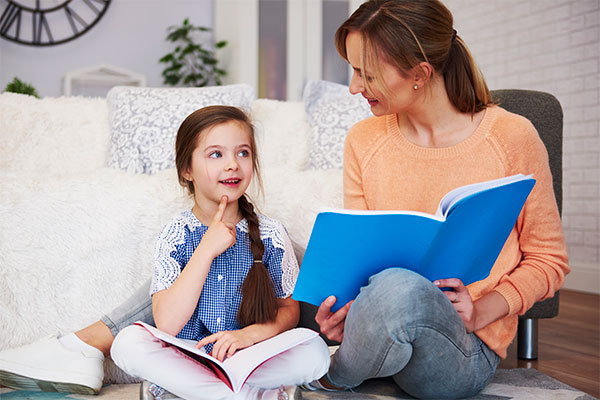
Supporting children’s intellectual growth is a major concern for many parents. When a baby displays interest in something, parents can encourage the youngster to touch and investigate the object while also identifying it. Parents should keep encouraging their children to actively explore the world as they get older. Try to be patient with young children who constantly seem to have a ton of inquiries about everything in their environment. To encourage their children to approach problems more creatively, parents might also ask questions of their own. Parents may encourage both intellectual growth and self-confidence in children by letting them come up with innovative answers to challenges. Hence these cognitive development milestones might be very useful for you as a parent.
Why Sanjeev Datta Personality School for Your Kid?
In our classes, we work on:
- CONCENTRATION DEVELOPMENT
- CHARACTER PRESENTATION
- PODIUM SPEECH TRAINING
- EXPRESSIVE ABILITY ENHANCER
- BODY LANGUAGE
- DIALECT DICTION AND VOICE MODULATION
- COMMUNICATION SKILLS
- PHONE ETIQUETTE
- SOCIAL BOLDNESS
- EXPRESSIONS AND GESTURE TRAINING FOR SCHOOL PERFORMANCES
- INTERVIEW TRAINING
- PRESENTATION TRAINING
- MEDITATION
For more details, contact us now!


